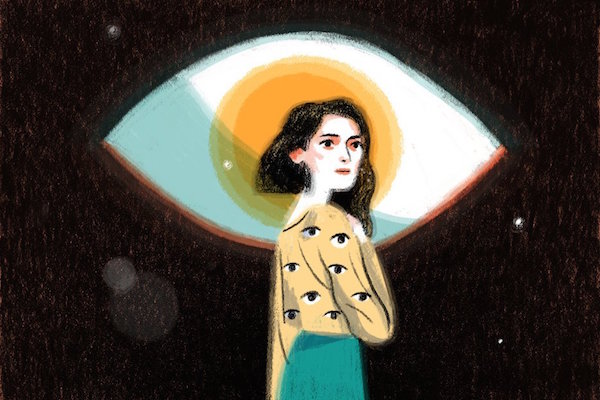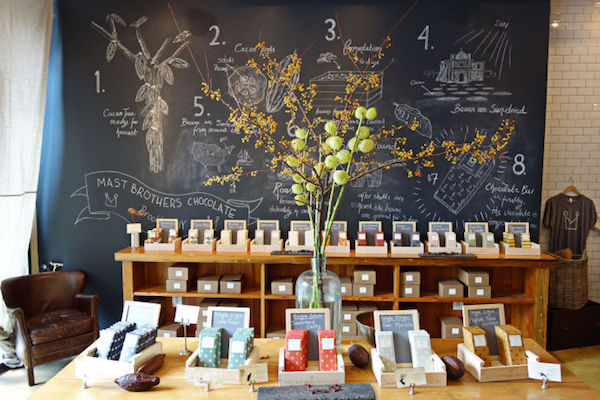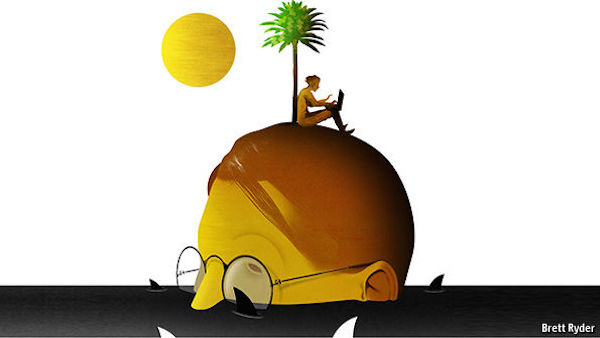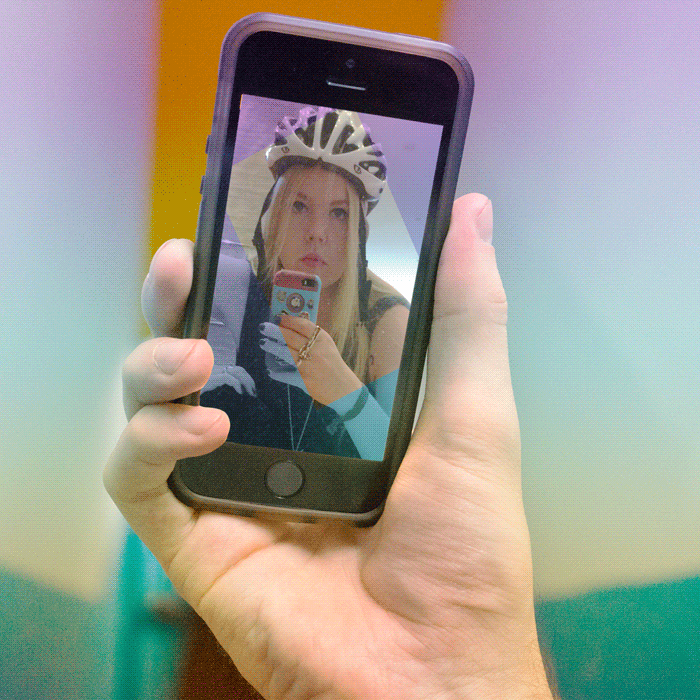Which celebrities, past or present, best represent your worldview?

Full/Sad Disclosure: Lelaina from Reality Bites is the fictional character I would have most absolutely married. Possibly still.
As a fan (and a 30-something human guilty of some of the perceptions the article diagnoses), I thoroughly enjoyed this in-depth look at the career and symbolism of Winona Ryder, “Winona Forever”. It’s full of interesting stuff on how an actress represents a generation, how an individual gets trapped in time because of that symbolic role, and so much more.
“If you spend your most crucial adolescent years being watched by millions of people being told what’s good and what’s bad, you have no sense of who you are,” Ryder explained. She saw a therapist who diagnosed her with “anticipatory anxiety” —feelings of dread over anticipated events—and, quaintly, “anticipatory nostalgia.” (In the Times,psychologist Dr. Constantine Sedikides recently described this lesser known “condition,” which could be considered our current era’s raison d’être, as the drive to “build nostalgic-to-be memories.”)
…
“To us, Winona Ryder is a bona fide icon,” designer Marcus Wainwright said. “She also has this beautiful timeless quality.” But it’s actually her timeliness that gives her value—she is a human incarnation of ‘90s nostalgia.
We cannot see Ryder without seeing the grunge era. In the New York Times Magazine in 2011, Carl Wilson riffed on the “20-year cycle of resuscitation” that had finally turned to Gen-X nostalgia.
…
As Tavi Gevinson told Entertainment Weekly in 2014, “how I feel when I see pictures of teen Winona Ryder and Johnny Depp holding hands in leather jackets, like, nobody can match that.” The only person that can come close is Winona Ryder now, because embedded in Winona Ryder now is Winona Ryder then. She carries her past with her. The teen actress who sought to make her own life nostalgic before it had even passed her by peeks out from within the woman Marc Jacobs now imbues with nostalgia—she is a Russian nesting doll of reminiscence.
Sorry for the overbearing quotation, but there’s just so much to unpack here! Let’s go most straightforward to most abstract:
Which celebrities do you feel represent your youth, or your most core values and beliefs and personality that will never really change?
As they get older, and you get older, how does that connection change?
Do you ever feel “anticipatory nostalgia”, the need to create memories to remember later? Is that a useful or healthy tendency, or anti-social, neurotic, and potentially detaching you from authentically enjoying your experiences?



